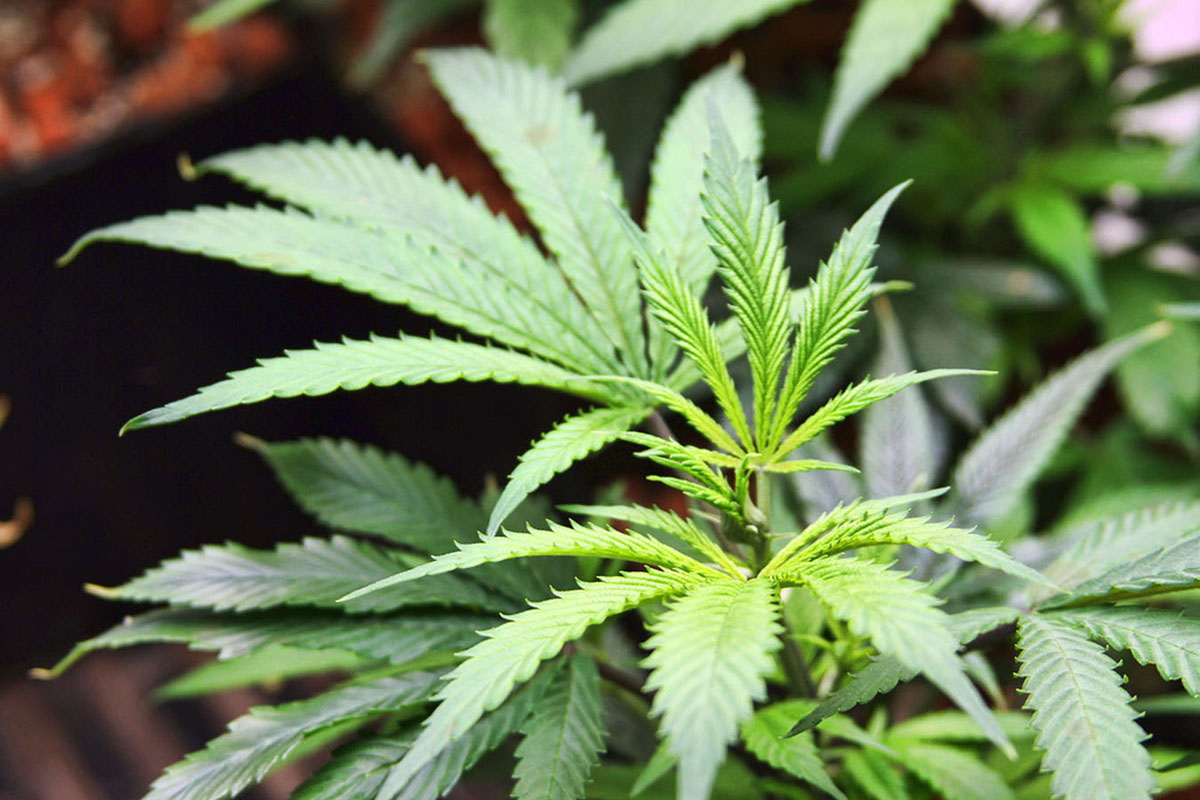Table of Contents
Q. Why are scientists just looking at the use of marijuana to treat, primarily, one form of brain cancer?
They have to start somewhere. People who have gliomas have the least to lose by experimental treatment, and the most to gain.

Q. How does marijuana fight cancer?
Marijuana cannabinoids, which include but are not limited to the chemicals that give you a marijuana high, keep glioma tumors from manufacturing the enzymes called metalloproteinases that allow cells in the tumor to "peel off" and enter the brain's bloodstream, metastitizing (spreading) to adjacent parts of the brain. Most of the recent research focuses on a chemical called cannabidiol, or CBD.
CBD doesn't give you a high, but it does force glioma cells to change their metabolism so that they burn oxygen. When tumors have to shift into high oxygen use, they don't rob the rest of the brain of the glucose it needs to operate. (The brain uses up to 20% of the entire body's supply of glucose.) When cells locked inside a tumor are exposed to CBD and can't get the oxygen they need, they go into a process called apoptosis, in which they die without multiplying. CBD also blocks a process in which tumors release inflammatory enzymes to break down tissue around them so they can send cells into the bloodstream, and activates the immune system inside the brain.
Q. So using marijuana to fight cancer isn't about getting high?
No. That some people may manage to get CBD into their bodies in large enough amounts possibly to fight brain tumors by smoking pot is coincidental. Researchers are looking at developing CBD as a drug. Pharmaceutical companies will make greater profits if they do, of coruse, but it's not just about the profits. It's also about concentrating the chemical that has the greatest effect on this one kind of brain cancer.
Q. Has marijuana been scientifically tested on people who have brain cancer?
The first human trials were only being set up in November 2013. It will be at least a few months before there are even preliminary results. The test is being run by GW Pharmaceuticals, and will involve just 20 people. But it's a start. However, about 22,000 people a year are diagnosed with glioma, and most live less than one year.
Q. But shouldn't everyone who has a brain tumor use marijuana?
I'll answer this question for myself. My doctor believes I have a brain tumor, but not brain cancer (and we won't be sure about whether it's even a tumor until after surgery a few days from now). If I had a glioma, yes, I probably would try either to get CBD or to smoke pot. But since I don't, I'm not. I don't have any interest in discouraging people from any lawful treatment they believe may help, but there just isn't a lot of credible evidence on this.
Read More: Therapeutic Uses Of Medical Marijuana
Q. But dude, haven't you heard about marijuana oil?
Yes. I have. And maybe it works. I certainly don't know, and no researcher knows, that it doesn't. But it doesn't make sense to me to forego medical treatments that work--and many brain tumors are very survivable with medical treatment--for a natural cure that may or may not. At least not yet.
- Solinas M, Massi P, Cinquina V, Valenti M, Bolognini D, Gariboldi M, Monti E, Rubino T, Parolaro D. Cannabidiol, a Non-Psychoactive Cannabinoid Compound, Inhibits Proliferation and Invasion in U87-MG and T98G Glioma Cells through a Multitarget Effect. PLoS One. 2013 Oct 21. 8(10):e76918. doi: 10.1371/journal.pone.0076918.
- Photo courtesy of Hellerhoff by Wikimedia Commons : en.wikipedia.org/wiki/File:Ependymom_cor_T1KM.jpg
- Photo courtesy of Coleen Whitfield by Flickr : www.flickr.com/photos/cwhitfield/4151959087/

